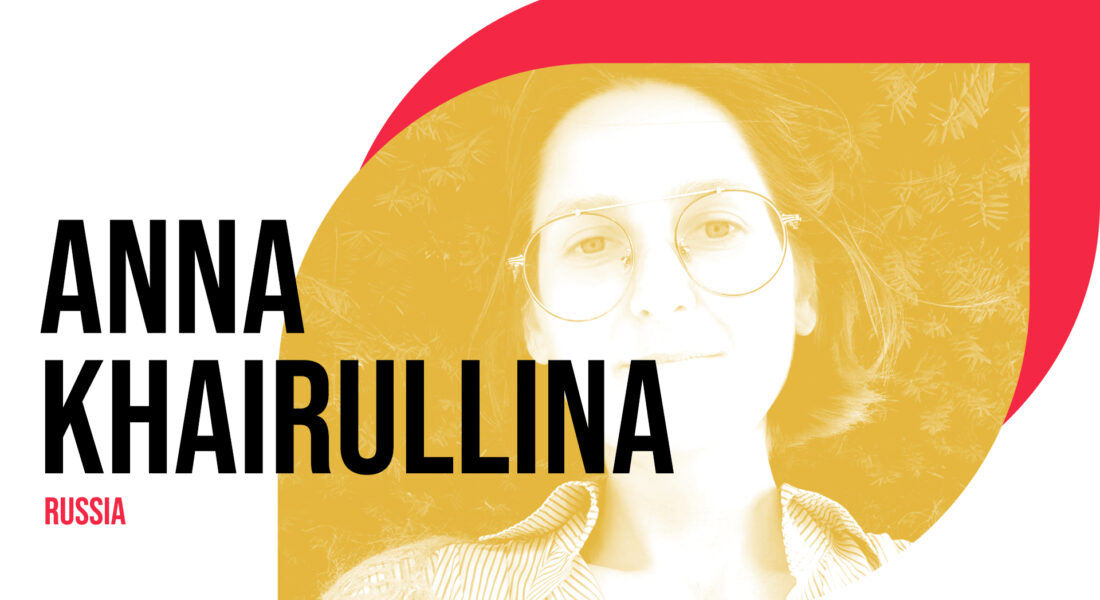
If I returned to Russia, I would like to increase sensitivity in my country to disability, gender gap, citizen responsibility, and migration, as I learned in Italy
Anna Khairullina is from Bugulma, Russia. She is 32 years old and speaks Russian, Italian, English, Portuguese and French.
In 2011 she came to Italy out of “curiosity”, as a tourist and volunteer for various ecological and social projects. “Italian culture and way of life” were the stimulus. Today she lives in the small village of Vanchiglietta.
In Russia, she majored in economics, but in Italy, she chose to “start over,” enrolling in a Bachelor’s degree program in Foreign Languages and Literature and later in a Master’s degree program in International Communication for Tourism. In this way, she was able to follow her passions: foreign languages. “In Russia I had reasoned more in my head, choosing a field more suitable for the working world, but as I deepened my studies I realized that it was not my path. Today I am an intercultural guide with the Migrantour Viaggi Solidali project in Turin”. Anna accompanies tourists and residents on intercultural walks in Turin’s neighbourhoods with ethnic connotations (San Salvario, Porta Palazzo, etc.) and helps people learn about different cultures from multiple perspectives: culinary, religious, and social.
A dream? Taking part in research projects in the field of linguistics-anthropology!
Over time, “curiosities” have turned into “encounters” with the working, social, and family reality of Italy. Today, as a newlywed and new mother, she has “feet on the ground” more than before, and she can look critically at important aspects of society, such as motherhood, schooling, and health services. “I became aware of difficulties at the social level gradually. At first, I tried to integrate as quickly as possible, to absorb the Italian culture; only with time did I realize that in this way I was losing my native culture, my identity”. Thus she began a “journey of finding balance,” not at all obvious.
“It is not easy to share one’s culture of origin: there are not many opportunities and often one ends up thinking that it is not important”.
But Anna Khairullina’s work is a way to reevaluate her own and all other cultures.
In chatting, the lack of Russian culture comes to the fore: “I used to go to the theatre a lot, to exhibitions and poetry nights. It’s not that there aren’t any here, but in Russia, you can forget about dinner to go all together to a concert! I miss the long talks with friends about philosophical-existential issues. I miss the Russian landscapes … being able to walk in the woods endlessly without seeing the borders and the freedom you feel while doing it”. But most of all “I miss the banja”: the traditional Russian sauna, a symbol of health, and mental and physical purity. It is one of the most important Russian traditions for centuries and the favourite pastime of Anna’s friends.
“If I were to return to Russia, I would like to do something to raise my country’s consciousness and sensitivity to issues such as disability, the balanced relationship between men and women, citizen responsibility, and migration, as I learned in Italy”


